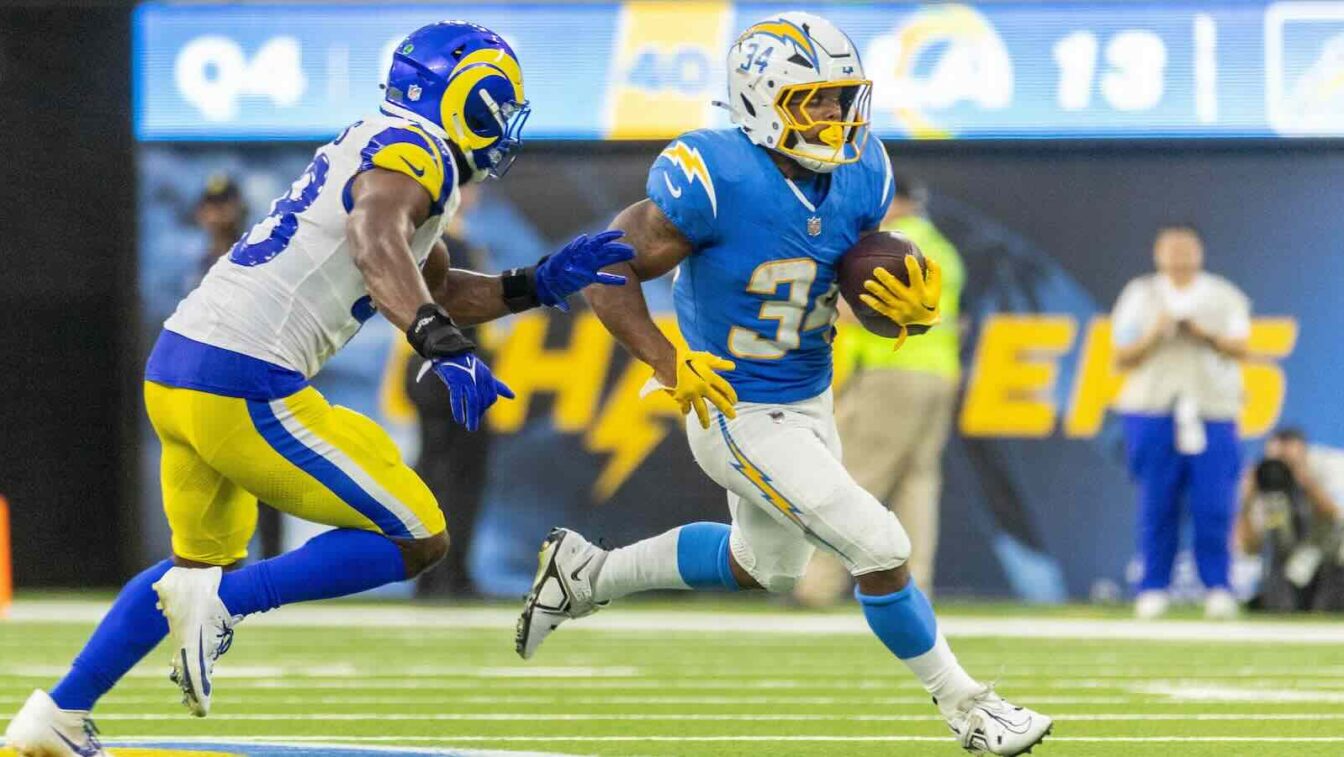ROGA Launches National Responsible Gaming Education Program For College Students
The program is expected to launch in early 2025
3 min

The newly formed Responsible Online Gaming Association (ROGA) has announced a national initiative aimed at promoting responsible gambling among college students. The initiative comes amid various ongoing betting scandals at the college level.
The program, developed in partnership with EPIC Global Solutions (EPIC Risk Management until December 2023), Kindbridge Behavioral Health, and the Responsible Betting Council (RGC), is set to launch in early 2025. It will be a “comprehensive, evidence-based” RG education campaign, designed to address the needs of university-aged students across the U.S.
“Our aim is to provide much needed information and resources about responsible gaming concepts, raise awareness of the consequences associated with problem gambling and available support services, and teach general financial literacy skills that will help students build and maintain good financial habits whether they choose to engage in gaming or not.”
— ROGA Executive Director Dr. Jennifer Shatley
The campaign will focus on educating college students about responsible gambling practices and financial literacy, according to a ROGA press release. It will leverage digital delivery tools to provide resources to students across various backgrounds and campuses.
Dr. Jennifer Shatley, executive director of ROGA, emphasized that the college demographic, while often engaged in gaming, has limited access to responsible gambling resources. She explained that one of the primary objectives of ROGA, formed by seven gaming companies about six months ago, is the promotion of RG education and awareness across various audiences, and this includes at the college level. She added that there aren’t currently many resources accessible to university students.
According to Shatley, the goal is not only to raise awareness of responsible gambling concepts but also to humanize and destigmatize problem betting by incorporating real-life stories from individuals affected by it.
More than just smart betting
The program will also tackle financial literacy. Students will learn financial management skills such as budgeting, saving, and understanding the risks associated with debt. By tying RG practices to sound financial habits, the program aims to educate students about setting limits on gambling expenditures and treating online gaming as a form of entertainment rather than a means to generate income.
Additionally, the program will address common myths and misconceptions associated with gambling, including the illusion of control and misunderstandings related to sports betting. The curriculum will also explain mathematical concepts such as odds, probability, and randomness.
The digital delivery tools developed for the program will be broadly accessible to the entire college-age demographic, not just those currently enrolled in universities. Additionally, select universities will pilot more extended content and interactive tools to gather data and feedback. Student-athletes, a group already recognized for engagement with sports betting, will receive supplemental content tailored to their specific needs.
College betting scandals fuel educational programs
In recent years, sports betting scandals involving college students have garnered significant attention as the rapid expansion of legalized sports betting across the U.S. has raised concerns about its impact on college campuses. Several incidents have highlighted the risks of student-athletes and other university-affiliated individuals becoming entangled in illicit betting activities.
One such scandal emerged in May 2023 when multiple student-athletes from the University of Iowa and Iowa State University were linked to illegal sports betting. Investigations revealed that over 40 athletes had placed bets on college sports, including games they were involved in, violating NCAA rules. Several athletes faced suspensions, and legal consequences were threatened, drawing attention to the issue of underage and unauthorized betting among student-athletes.
Similarly, in 2022, an Arizona State University football player was suspended after being found to have placed wagers on his team’s games, violating both NCAA regulations and state law. The incident prompted wider scrutiny of how easily college students, particularly athletes, can access betting platforms and how vulnerable they are to engaging in risky or illegal betting activities.
Another notable case involved Alabama baseball coach Brad Bohannon, who was fired in 2023 after being linked to suspicious betting activity on a game involving his team. This marked one of the first times that a university coach had been implicated in a sports betting scandal, highlighting the broader potential for manipulation within college sports.
These scandals have prompted universities and regulatory bodies to revisit their policies surrounding sports betting.
Financial health at risk
Recent studies have highlighted the financial consequences of legalized sports betting, particularly among vulnerable demographics like young adults and low-income individuals. As shown in research conducted by Brett Hollenbeck, Poet Larsen, and Davide Proserpio, the ease of access to sports betting, especially through mobile platforms, has resulted in a modest yet significant change in consumers’ financial statuses, particularly in states that allow online betting.
The data, drawn from a large nationwide sample, revealed that credit scores in these states have decreased by approximately 0.3%, with a significant rise in bankruptcy rates, debt collections, and auto loan delinquencies.
The financial strain caused by online sports betting disproportionately affects young men in low-income areas, who are more likely to engage in risky betting behavior. The research suggests that while sports betting can be a source of entertainment for many, it’s contributing to excessive debt accumulation for a significant portion of the population.
Additionally, financial institutions are responding to this trend by restricting access to credit. In states with legalized mobile sports betting, consumers have seen a decrease in credit limits and a rise in secured loans, indicating heightened financial risk.





